Kathalia, Jhalakathi, Jan 11 (V7N) – The familiar and once-abundant pigeon bird in the rural areas of Kathalia Upazila in Jhalakathi District is now facing the threat of extinction. Due to a combination of habitat loss, over-hunting, and environmental degradation, the pigeon population has seen a sharp decline.
Once a common sight on the fields, farms, and trees of villages such as Dakshin Chechhari, Hetalbunia, Moshabunia, and others, pigeons are now a rare sight. The sweet, cooing sound of the dove, which once echoed through the countryside, is no longer heard in the area. As per local reports, excessive use of chemical fertilizers and pesticides in agricultural fields, coupled with hunting and habitat destruction, is causing the steady disappearance of this bird.
Pigeons primarily feed on rice, grass and weed seeds, grains, and young tree buds. They typically lay two eggs three times a year, with chicks hatching in 14 to 15 days. However, the bird’s shrinking numbers can be attributed to a combination of factors, including hunting and the loss of suitable nesting sites.
Noise pollution, deforestation for construction, and urbanization have disrupted the pigeons' natural habitats. Poaching has been another major factor in the decline, with many pigeons being hunted for sport and food. The birds, which once nested in bushes, small trees, and even around people's houses, have become easy targets for hunters.
Md. Nur-e-Alam Siddiqui, a senior teacher at Kathalia Sadar Fazil Madrasa, shared, “The dove, like many other species, is becoming extinct. Once abundant in forests and villages, it is now rarely seen. People hunt them as a hobby, which is very painful. Additionally, since pigeons build nests near human settlements, they are easy prey for hunters."
Experts emphasize the importance of pigeons in the agricultural ecosystem. According to Md. Imran Bin Islam, Upazila Agriculture Officer, pigeons play a crucial role in controlling insects like grasshoppers, which can damage crops. Their presence helps improve crop yields, indirectly benefiting farmers.
Moreover, Dr. Md. Hasibur Rahman Sajeeb, Upazila Animal Resources Extension Officer, pointed out the nutritional benefits of pigeon meat, which is known for boosting blood circulation in the human body. Despite the importance of pigeons in both ecological and nutritional contexts, their numbers are dwindling.
Experts agree that unless immediate action is taken, the pigeon bird may soon become a part of the country's endangered species list. Dr. Md. Bakhtiar Uddin, Upazila Livestock Officer, attributed the birds' decline to the use of chemical-laden food and the loss of nesting sites due to deforestation.
Md. Zahirul Islam, Kathalia Upazila Executive Officer, stressed the importance of protecting pigeons and implementing laws to prevent illegal hunting and habitat destruction. He called for collective action to protect the species from extinction.
The pigeon bird, once a symbol of rural life in Kathalia, is now facing severe challenges. Only through strict protection, awareness campaigns, and responsible agricultural practices can the species be saved from vanishing forever.
END/AIJ/RH/



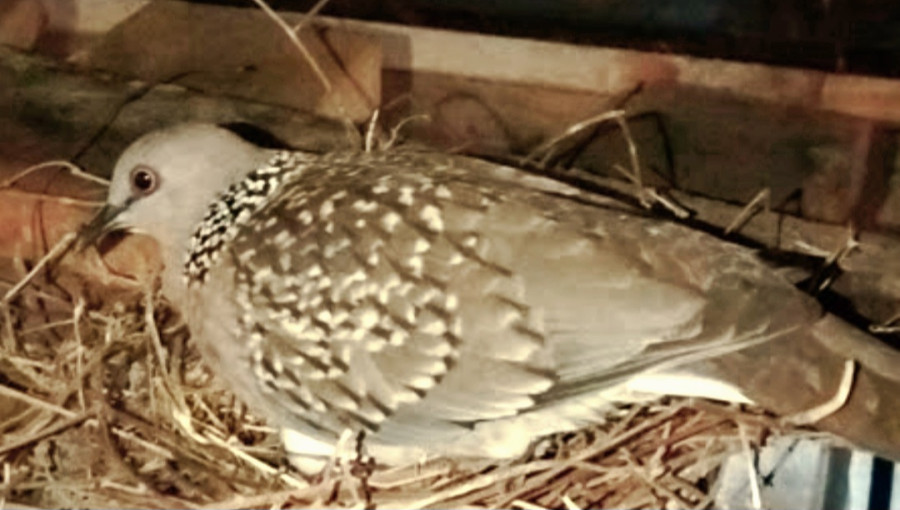
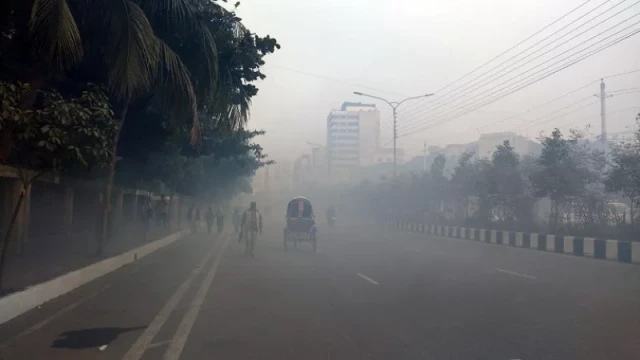
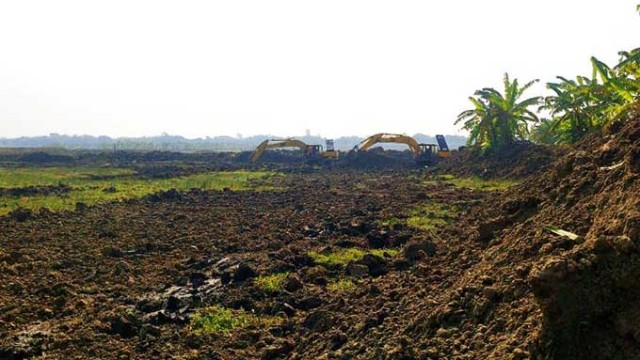
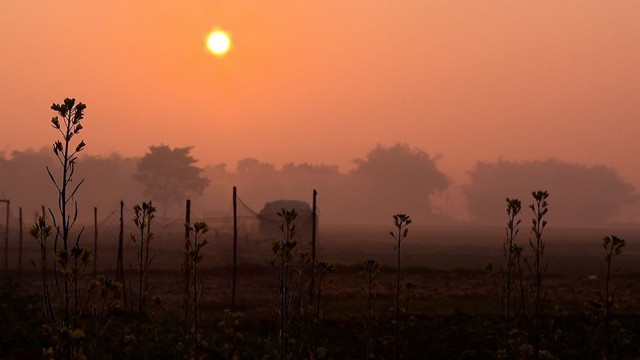
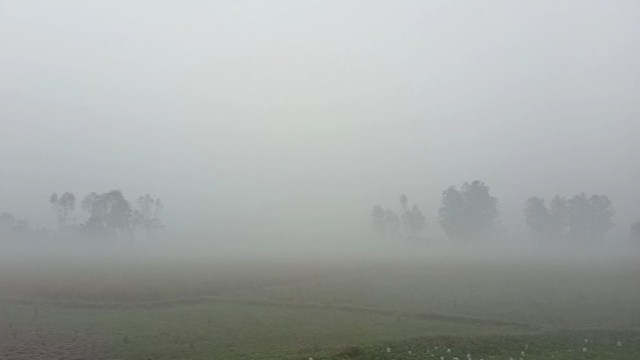
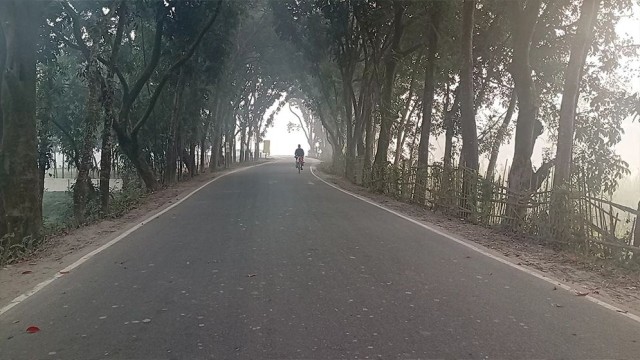




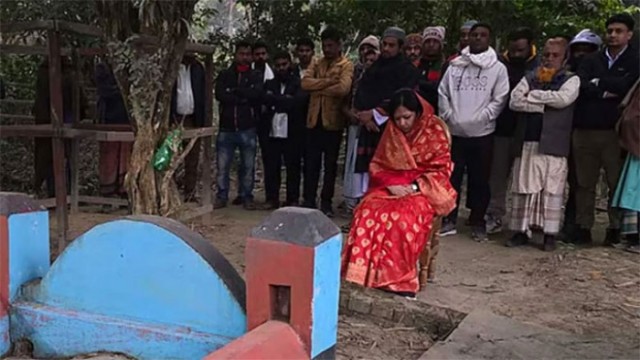



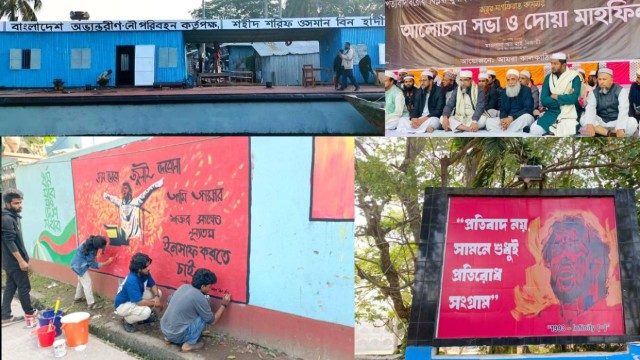

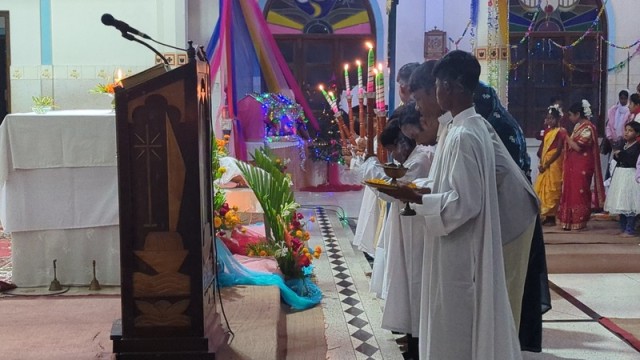








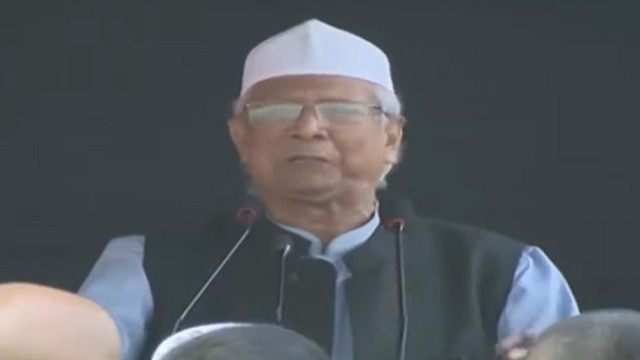

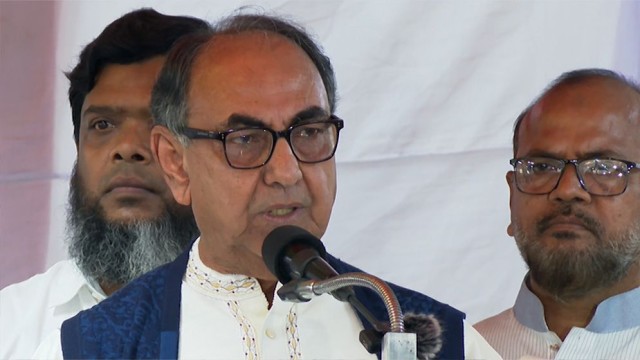
Comment: